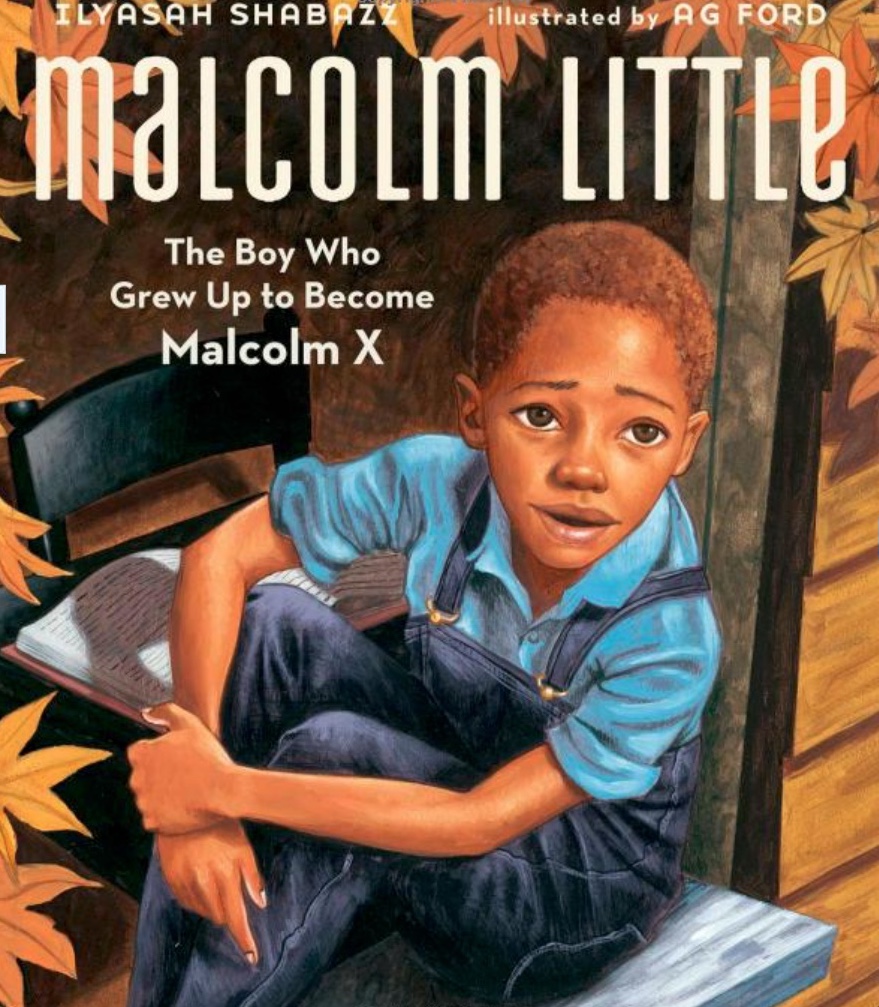Forget for a moment about the black and white labels that so often cause people to prejudge others. What remains might be called matters of principle or the unbiased issues themselves. Malcolm X grew up in Omaha, Nebraska, as the humble Malcolm Little.
But his later militancy sometimes reminds us of those on the political right. As a human rights activist, he shares common ground with those who champion the Bill of Rights. If it’s conservatives today who stand up for restoring the role of religion in our lives, then Malcolm the minister would be first in line to proclaim the social-saving graces that can be achieved if you stay with those you identify with. He was not for any rainbow-type diversity that claims the allegiance of liberals today.
Sticking with your identity group, for him, was an upgraded form of tribalism called nationalism. You achieve the strength that comes with belonging. For example, marrying into your own religion for a unified belief focus is still an obvious truth to many people around the world.
None of this so far raises the issue of supremacy, so we wonder if Wikipedia was accurate when saying that Malcolm X “advocated for black supremacy, the separation of black and white Americans, and rejected the notion of the civil rights movement for its emphasis on racial integration.” Separation for him may have been utilitarian—what actually works in the practical world. Supremacy doesn’t follow from the concept of nationalism.
We can’t forget that many Muslim zealots today can easily be described as extreme conservatives, putting up with none of the trans-type nonsense that has become the rallying cry of socialists in Europe and America. To do anything less, for any religion, is to slowly fade away into meaningless formality and ritual, Malcolm would have said.
Malcolm X was the last person who wanted to downgrade family and marriage. This was consistent throughout his short life. In his Autobiography, we remember how the good life was often cast in terms of traditional heritage values:
“Not only did we have our big garden, but we raised chickens. My father would buy some baby chicks and my mother would raise them. We all loved chicken. That was one dish there was no argument with my father about. One thing in particular that I remember made me feel grateful toward my mother was that one day I went and asked her for my own garden, and she did let me have my own little plot. I loved it and took care of it well. I loved especially to grow peas. I was most proud when we had them on our table. I would pull out the grass in my garden by hand when the first little blades came up. I would patrol the rows on my hands and knees for any worms and bugs, and I would kill and bury them. And sometimes when I had everything straight and clean for my things to grow, I would lie down on my back between two rows, and I would gaze up in the blue sky at the clouds moving and think all kinds of things.”


